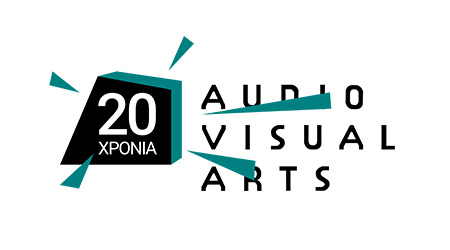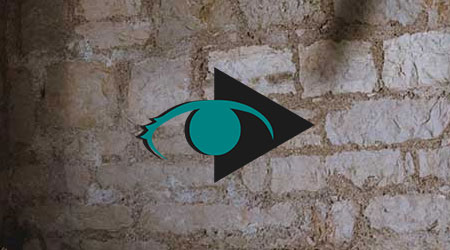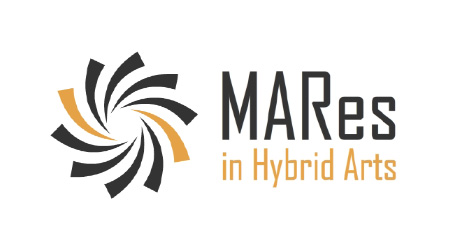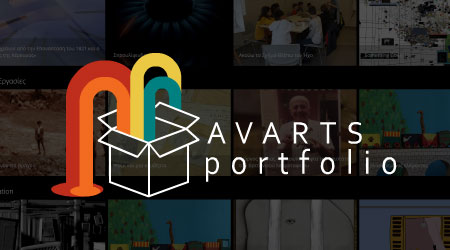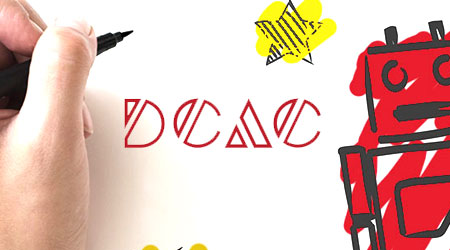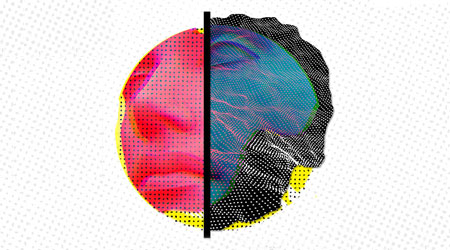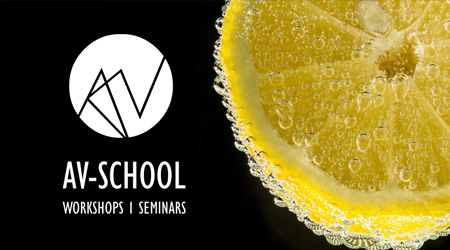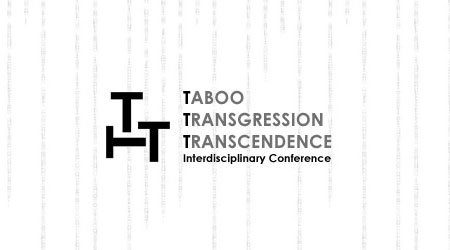Analogue Drawing
Teaching Staff: Argyrokastriti Marily, Mitsani Christina
Course Code: VIS130
Course Category: General Background
Course Type: Compulsory
Course Level: Undergraduate
Course Language: Greek
Delivery method: Lectures
Semester: 1st
ECTS: 5
Teaching Units: 3
Teaching Hours: 3
E Class Page: https://opencourses.ionio.gr/courses/DAVA240/
Teaching Structure:
| Activity | Semester Workload |
|---|---|
| Lab Lectures | 39 |
| Literature Study and Analysis | 56 |
| Practice and Preparation | 30 |
| Course Total (ECTS: 5) | 125 |
Prerequisite to / Recommended to: VIS536, (AVA843)
The aim of the course is to introduce the students to the function of visual perception, as well as the structure and use of visual language, in order to communicate effectively their ideas through the creation of original and meaningful art. Drawing methods together with systems and elements of representation and ways of colour depiction are an important part of the course. During the drawing activity, students are encouraged to see, interpret and discover appropriate marks to reproduce the observed phenomena. Other significant structural units of the visual language discussed here include the transformation of three-dimensional objects to two-dimensional symbols, the use of line, shape, shade, form, space and rhythm and their compositional arrangement on a two-dimensional surface.
In the class, students learn to represent realistic simple compositions of everyday objects, calculating shapes, tones and forms. Students have learned basic knowledge of academic drawing at the end of the course. Their visual perception and observability have also evolved.
Week1. Linear perspective, 3D space exercise, drawing a 3D space in paper.
Week 2. Space, point, line, plane.
Week 3. Contour ( excercise from the book by Kimon Nikolaides)
4th Week. Observation and reading of forms and space.
Week 5. Contour, measuring the proportions.
Week 6. Contour, gray scale exercise.
Week 7. Plastic elements, light, shadow.
Week 8. The use of axles, slopes.
Week 9. They design a natural composition, border and shadow.
Week 10. Two minute sketches, light spots, shadow.
Week 11. 50 * 70 duplication paper, they design great composition from a distance.
Week 12. They complete projects that are not over.
Week 13. They all show some drawings in the classroom, we talk about them, we see the course and evolution and what everyone needs to improve.
The Natural Way to Draw: A Working Plan for Art Study, Nicolaides Kimon, 1990.
Empirical artistic production process with emphasis on research. The student in this process, does not only acquire knowledge but also develops skills that allow him to research with his own strengths.
Enhanced by multimedia content.
The learning process is supported by the asyncrhonous e-learning platform e-class.
Progress and assessment of the course is implemented by delivering artistic work during the semester and is completed with a total delivery of completed works (4 drawings at a minimum) at the end of the semester.
Back
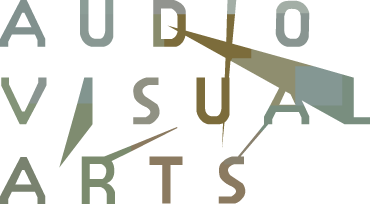


 Analogue Drawing
Analogue Drawing
